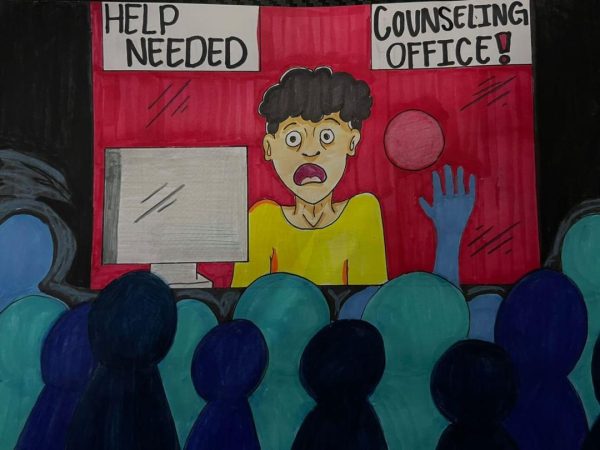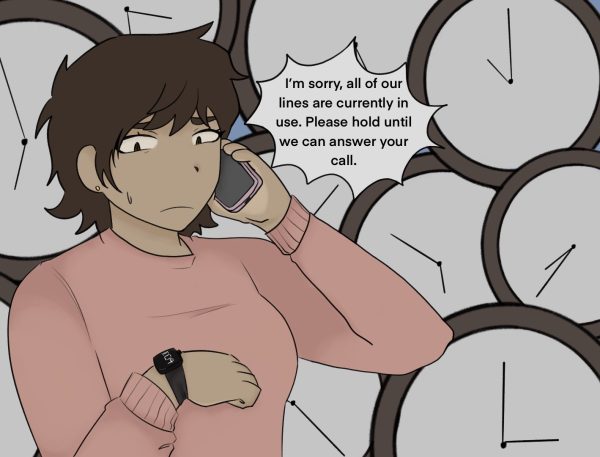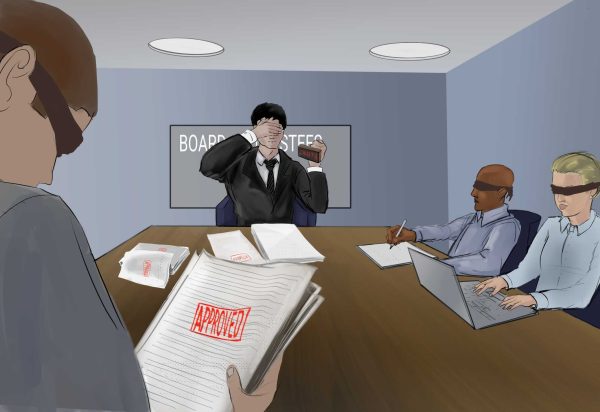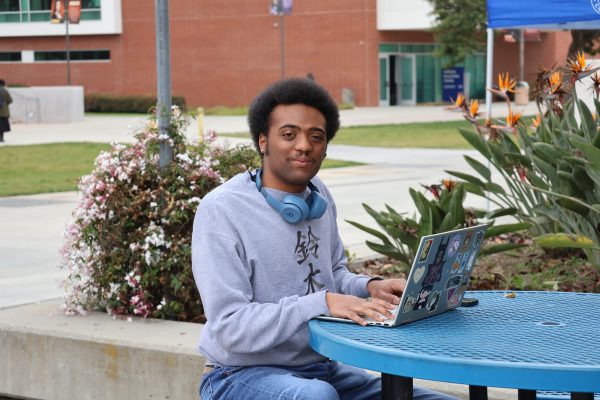El Camino College, it’s time to talk
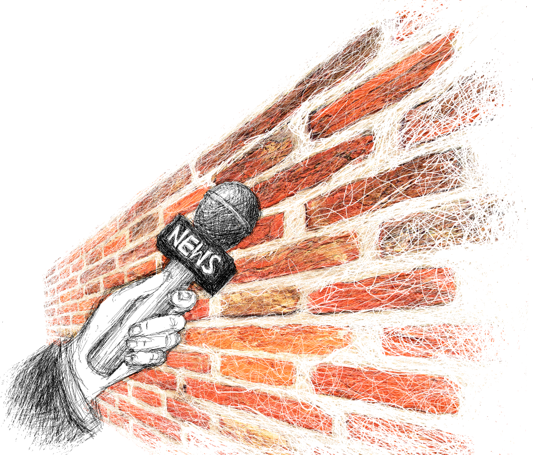
Mackenzie Matt/Special to The Union
Since the beginning of the COVID-19 pandemic, the entirety of The Union’s news team has moved to remote learning not only for newspaper duties but for classwork as well. With this change in environment came changes in reporting and communication with sources.
The Union understands that with changes to daily operations, there are going to be fewer instances of in-person contact with others and that phone and email communication will need to be used. This could mean that responses back to reporters and others could be delayed or even forgotten due to the nature of working and or learning from home.
Although The Union recognizes this, the publication believes that communication from El Camino College staff and departments when being reached out to for comment on stories has to be improved due to past experiences both during and before the pandemic, as it not only affects The Union from publishing stories on time but also affects students ability to turn in work for their journalism class grade.
Slow response time
Throughout the time that students from El Camino College (ECC) have been online, The Union has had many situations where individuals from departments did not return messages over long periods.
One example, such as the Athletics Department, have shown consistent difficulty for The Union to get into contact with department officials via email and phone regarding sports events and student athletics coming back from hiatus due to the COVID-19 pandemic.
Understandably, bringing back an entire department from over a year of developing the return to campus process can become incredibly time-consuming. Yet, being able to communicate with the press about any progress the department is making or news regarding sporting events, staff or students can bring more attention to the program.
Slow response time isn’t just from the Athletics Department as countless other departments such as the Associated Student Organization and many others have had slow response times to The Union’s requests for interviews.
The Union typically waits 24-36 hours to hear a response back from sources before having to send follow-up messages. The publication typically doesn’t reach out during weekends, as most staff don’t respond during that time. Waiting long amounts of time makes The Union unable to get the necessary information needed to create and publish time-sensitive stories.
Interview request interference
There have been situations where an official from the college has refused to comment on a story. The Union is in full understanding of someone personally declining an interview, as it is their constitutional right to do so. However, when ECC gets involved in saying which individuals can give interviews is where unconstitutional events take place.
In a recent instance where reporters have wanted to reach out to more members of a department, such as the Facilities Department, reporters were told that they could only interview the person that they just interviewed and could not speak to anyone else in the department.
In fall 2020, some instances of interview interference occurred with employees themselves being forced to message college officials like the Director of Public Information & Government Relations to make accommodations for interviews.
Situations such as these affect the way that The Union can document stories of ECC, as a new perspective and clearer information could be discovered and is a violation of the constitutional right to free press.
In case laws around the country over the past decades, employees have a first amendment right to speak about work-related information to journalists, according to a report by the Brechner Center for Freedom of Information.
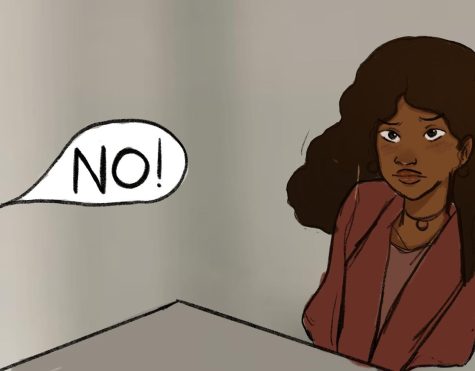
Difficult situations before the pandemic
Although the pandemic has caused communication troubles between The Union and ECC staff, communication troubles have existed long before the start of the pandemic.
There have been times where reporters working on investigative pieces such as homelessness tried reaching out to task force staff by physically showing up to their office, but were turned away multiple times and told information was sent to the staff member. The Union never got a response back.
As we get closer to the Spring 2022 semester where a majority of staff and faculty will be returning to campus, situations like this could arise once more, making it extremely frustrating for reporters and even staff members having to bombard each other with requests to get possibly simple information.
Individuals Helping The Union
Although there has been some difficulty with reaching sources throughout ECC, there are a few notable sources and individuals who have helped The Union get in contact with others or have made themselves easily accessible in giving information about stories happening at the college.
Kerri Webb, director of public information and government relations has been helping The Union often with reaching out to divisions and giving notice to them to reach out to us. Without Webb’s help, some stories might have never gotten off the ground and would be lost to time and frustration.
Many sources and individuals that The Union has reached out to in the past have helped in creating and giving information about stories in very timely and detailed manors. These include Faculty Union President and ECC councilor Kelsey Iino, Student Services Specialist Christopher Dela Cruz, Board of Trustee Vice President Trisha Murakawa and the Inter-Club Council.
Why we bring up these situations
The Union Editorial Board wants this editorial to be a learning experience about what the publication does and what can be improved in terms of communication between both students and faculty in knowing what students at The Union need to accomplish.
The publication itself is still a class with a professor and students working together to learn and practice skills about journalism. Like with any class, there are instructions that students must follow to publish their work and get grades.
In order to receive credit for writing a story, things such as no email interviews, meeting deadlines and getting three human sources are some of the biggest instructions reporters need to follow. Students are also required to write a certain amount of stories along with specific categories of stories that are required to be written within each semester.
Each situation listed throughout the editorial affect how students meet these requirements and could result in a negative impact on their grades. Even a student being late on their first deadline can cut their total grade for an assignment in half.
The Union would like to extend their hand in inviting campus officials and departments to meet with members of The Union to discuss better communication skills regarding outreach and to present the requirements and processes students need to complete in order to pass their classes. This can become an opportunity to create a new relationship with officials and students when returning to campus in spring 2022.




